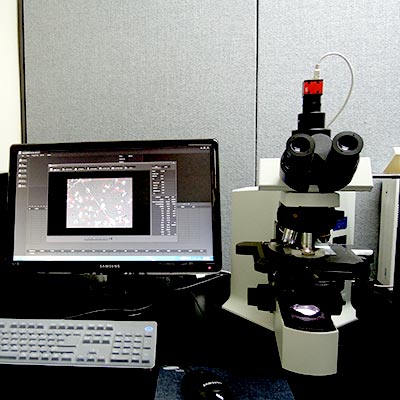
Human Reproductive Research Division:
To conduct 1) research and education related to basic reproductive physiology and assisted reproduction of the human body, 2) diagnosis and treatment of male and female infertility and develop training, 3) investigative research and education and training related to human reproduction and maternal health, and 4) research and experimental studies on the acceptability and safety of conception control methods.
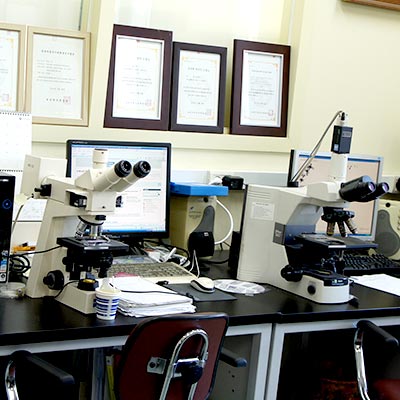
Genetic Research Division:
To perform research and education related to cytogenetic analysis in congenital genetic disease and prenatal management, and development and training of diagnosis of genetic diseases at the molecular level using molecular genetic techniques
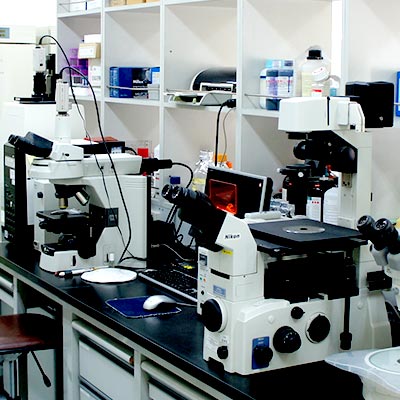
Stem Cell Research Division:
To conduct experimental research and education and training for establishing human pluripotent stem cell line, and establishment of information network of stem cell and its differentiation and maintenance of the cell bank
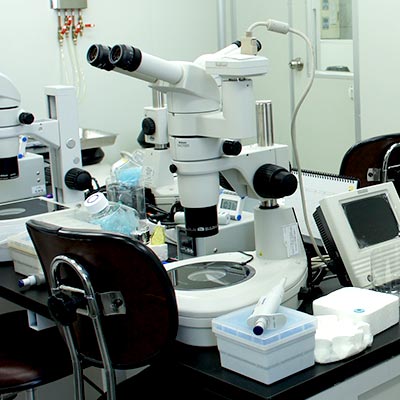
Human Embryonic Stem Cell Bank:
To establish, culture, and characterize human embryonic stem cell lines and provide distribution services of the human embryonic stem cell for researchers in Korea.
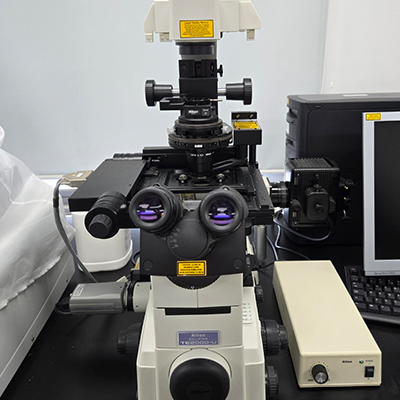
Health Promotion Research Division:
The Health Promotion Research Division conducts investigative studies and educational and training programs related to human reproduction and maternal health. It is also responsible for survey and experimental research on the acceptability and safety of contraceptive methods.
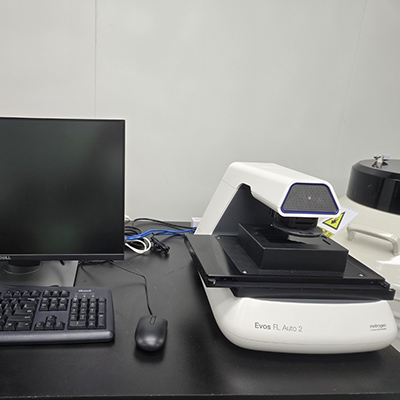
Reproductive Health and Medical Informatics Research Division:
The Reproductive Health and Biomedical Informatics Research Division conducts research on reproductive physiology and maternal-fetal interactions using big data, with a focus on biomedical informatics, which is increasingly applied in the field of reproductive medicine.
Major Achievements
In the late 1970s, a large number of researchers, funds, and facilities were expanded with the support of the United Nations Population Fund (UNFPA), the American Population Association, and the World Health Organization (WHO). In 1976, the radio-immuno assay was applied for the first time in Korea with the support from WHO. In the 1980s and 1990s, the scope of the research conducted by the Institute was expanded to various research fields such as cell genetics, infertility, safety of fertility control methods, and epidemiologic research, leading to a stable operation of the Institute. During the period, the Institute supported the Olympic games by providing sex chromosome tests and localized the automated chromosome analyzer (CHIPS) to play a role in the cell genetic research field in Korea. Since the early 2000, the Institute has contributed in establishment, maintenance and distribution of human embryonic stem cells. Currently, the Institute has established cooperative networks with research institutes home and abroad, and has been developing and promoting various researches in the fields of human reproduction, family health, and stem cell research. Since the establishment, the Institute has conducted 140 research projects.
Since the establishment of the Applied Cell Research Project, a 21st-Century Frontier R&D project of the Ministry of Science and Technology in 2002, the Institute operated the Human Embryonic Stem Cell Bank to supply embryonic stem cells to industry, academia, and research institutions. In addition, the Institute has established a training course for the stable culture of human embryonic stem cells, allowing each research group to cultivate their own cells for their embryonic stem cell research.
The Institute opened a cooperative center for biotechnological research facilities in February 2004 (total budget 1.5 billion KRW). The center has equipped confocal microscopy system, laser capture microdissection system, flow cytometry system, automated chromosome image analyzer, automated high-speed cell sorter, etc.
The Institute opened a cooperative center for biotechnological research facilities in February 2004 (total budget 1.5 billion KRW). The center has equipped confocal microscopy system, laser capture microdissection system, flow cytometry system, automated chromosome image analyzer, automated high-speed cell sorter, etc.
The Institute has conducted research on the establishment of human embryonic stem cell lines, supported by the Korea Research Foundation (October 2012 - September 2017). In 2001, for the first time, human embryonic stem cell lines using STO feeder cells were established at the Institute, a total of 33 human embryonic stem cell lines were registered with the National Institutes of Health, where 15 human embryonic stem cell lines for research and regenerative medicine and 18 human embryonic stem cell lines for clinical application have been established to secure a large number of cell lines that can be distributed for stem cell-based construction and research activation. In order to secure as many embryonic stem cell lines as possible and to maintain them as stable as possible, the Institute focused on the improvement of embryonic stem cell establishment methods, the development of culture methods to obtain large amounts of undifferentiated cells, the establishment of appropriate cryopreservation methods and the characterization of established embryonic stem cells.

The Institute developed training programs for the maintenance of undifferentiated human embryonic stem cell lines, characterization of stem cells, karyotyping of stem cells, and education of cell freezing and thawing for the purpose of transferring the latest culture technology to domestic and foreign stem cell researchers. The Institute operates hands-on workshops to teach more stable stem cell culture methods to stem cell researchers at home and abroad who have received or are preparing to receive human embryonic stem cell lines established at the Institute, which is announced through the system 'homepage (http://www.stemcellkorea.org).
The Institute distributes human embryonic stem cell lines established free of charge since 2002 and has a quality guarantee with systematic cell line distribution system and feedback system developed in consideration of mass production of stable international standard stem cell lines and researcher's convenience. Since the establishment of human embryonic stem cell lines in 2001, the Institute has distributed a total of 517 cell lines (246,071 cell colonies) from 2002 to July 2019.
Maintaining culture of human embryonic stem cell line undifferentiated requires time and labor burden for researchers performing cell regeneration and differentiation research. The state-of-the-art technology education program, which was developed based on research techniques such as stem cell culture, characterization, freezing and thawing, is essential to relieve this burden. The Institute has developed a state-of-the-art technology education program related to stem cells and has run an ongoing and regular hands-on workshop. In this regard, the Institute conducted 47 individual training sessions for the transfer of stem cell culture technology, including nine foreign researchers from nine countries. In addition, from 2006 to 2019, 104 hands-on workshops were held and 727 researchers at home and abroad were trained. In addition to the professional researchers, five elementary schools in Korea were selected through the Korea Creative Foundation's task as part of the talent donation, providing 123 students with an overall introduction to scientific research experiments, on-the-job experiences, and laboratory training.

